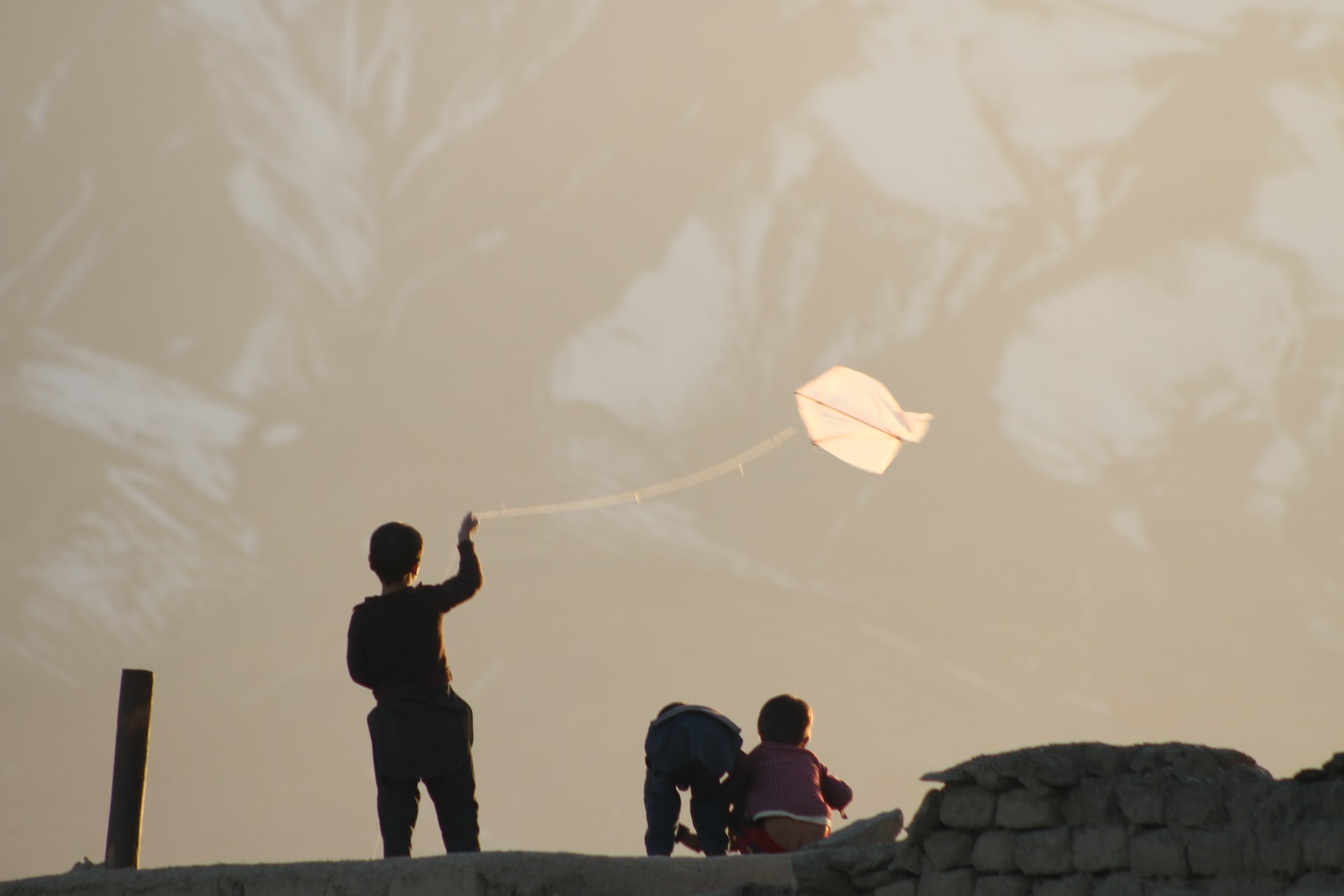
Afghanistan Human Rights
In August 2021, the United States and its allies withdrew from Afghanistan after nearly twenty years of presence there, a presence that involved military activity and personnel, humanitarian work, rule of law development, and support for the lawfully elected government. With the withdrawal, the Taliban swept across the country, displacing the elected government and imposing a regime of rules entirely at odds with Afghanistan’s human rights obligations under international law. The looming repression, at the time of their success against the lawful government, forced untold numbers of Afghan civilians to leave the country. The very bulwarks of the rule of law — governmental institutions, judges and lawyers, rule-bound law enforcement, the national human rights commission, civil society activists and human rights defenders — were largely crushed or forced to flee.
Within this grim situation, UCI Law has launched a program to monitor human rights in Afghanistan, identify meaningful interventions that we might make with government and non-governmental actors and international organizations, and publish reporting on key issues facing the country. The initiative is led by Hashmat Nadirpor, a formerly Kabul-based Afghan lawyer and rule-of-law expert, and will involve students in UCI Law’s International Justice Clinic and collaborations with others, especially in the Afghan diaspora. We will be producing reports on major topics and also working papers examining specific areas of concern.
Featured Projects
Afghanistan Human Rights Reviews
“The Clinic Project will produce periodic overviews of major human rights topics, highlighting reporting by international organizations and NGOs as well as independent fact-finding the Clinic will carry out itself. Those reports may be found here:
- What We Owe to “Other”–Pakistan, Afghanistan and Non-Refoulement (May 2024) This paper provides an analysis of how Pakistan’s deportation of Afghans violates the principle of non-refoulement under customary international law and international treaties, specifically the Convention Against Torture (CAT), and the International Covenant on Civil and Political Rights (ICCPR). It details that Pakistan’s actions of deporting individuals without due process and sending them back to likely torture and persecution in Afghanistan, contravene international law. The paper further recommends that Pakistan must halt these deportations to comply with its international obligations.
- Afghanistan Human Rights Overview: Two Years of Taliban Rule (November 2023). Submitted to the United Nations General-Secretary Special Coordinator, this overview highlights the urgent, ongoing crisis in Afghanistan, present recommendations to alleviate and improve the circumstances, and call on the de facto government to ensure the safety and wellness of its people.
- Women’s Right to Work–Submission to the Universal Periodic Review of Afghanistan (October 2023). This report accounts the violations of women’s right to work in Afghanistan under the international obligations outlined in the International Covenant on Economic, Social and Cultural Rights, and the Convention on Elimination of All Forms of Discrimination Against Women.
- The Afghanistan Human Rights Movement Post-Taliban Takeover: NGOs and Social Media (June 2023). This paper provides an analysis of the most vulnerable groups under threat, specifically former U.S. allies, women and girls, the LBGTQ+ community, and ethnic and religious minority groups. It further examines the barriers to effective advocacy for these groups, the positive and negative role of social media and provides a series of recommendations for further human rights advocacy and the use of social media in Afghanistan.
- Lessons from the Afghanistan Media Crisis: Strengthening Protections for Journalists in Exile (June 2023). This paper is focused on summarizing the current situation of journalism within Afghanistan, while emphasizing the importance of journalists in exile to freedom of expression on a normative level, specifically through an analysis of Afghanistan’s current media environment. Through research and interviews conducted by the International Justice Clinic, this project identifies challenges for journalists in exile and formulates advocacy recommendations to help recognize the importance of and support journalists in exile.
- Human Rights Guidelines for the Fund for the Afghan People (June 2023). These guidelines highlight a myriad of treaty components, customary international law principles, and jus cogens to address how the Afghan Fund disperse its assets.
- Afghanistan Under the Taliban: Developing Tools For Human Rights Monitoring and Advocacy – Workshop Summary (May 2023). The Workshop, hosted on April 3rd and 4th 2023, brought together around 20 human rights defenders to discuss some of the most urgent matters related to human rights crisis in Afghanistan and to look into common grounds for activities to help address those matters. This report summarizes a quick rundown of discussions on digital rights (uses of digital platforms by activists and journalists), international accountability mechanisms, strategies for research and advocacy, and ideas for a way forward.
- Afghanistan Human Rights Review #2: The Right to Protest (November 2022). Through the lens of international human rights law, this report reviews how the Taliban has increasingly restricted individuals’ right to peaceful protests and evaluates authorities’ response to such protests since August 2021.
- Afghanistan Human Rights Review #1: Arbitrary Detention (August 2022). In this report, Hashmat Nadirpor reviews how the Taliban has deprived individuals of their liberty using the tool of arbitrary detention. He surveys Afghanistan’s international obligations and highlights recent reporting by the United Nations, Amnesty International and others.”